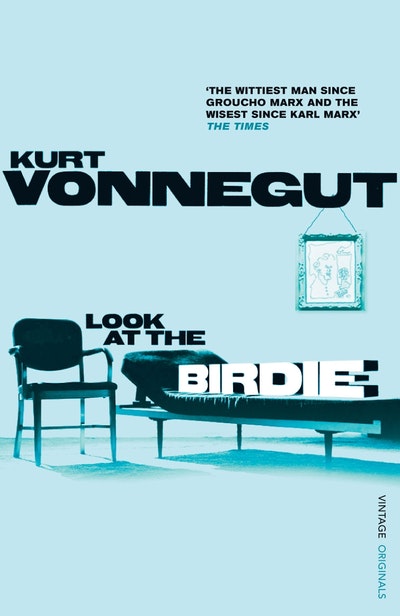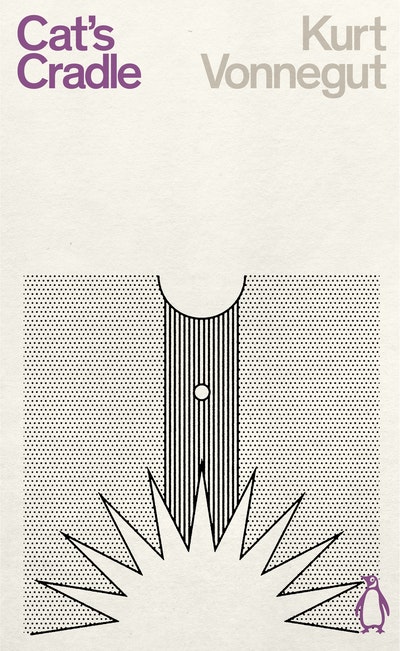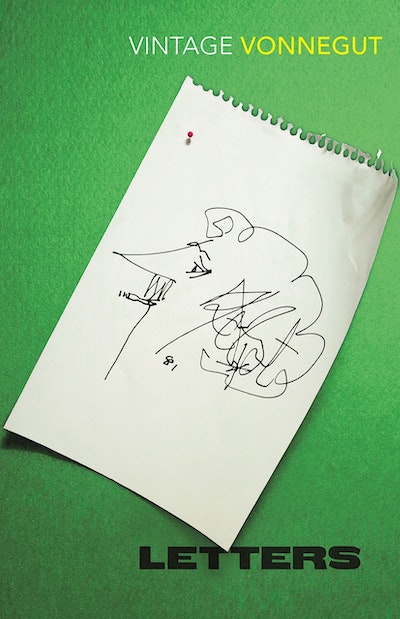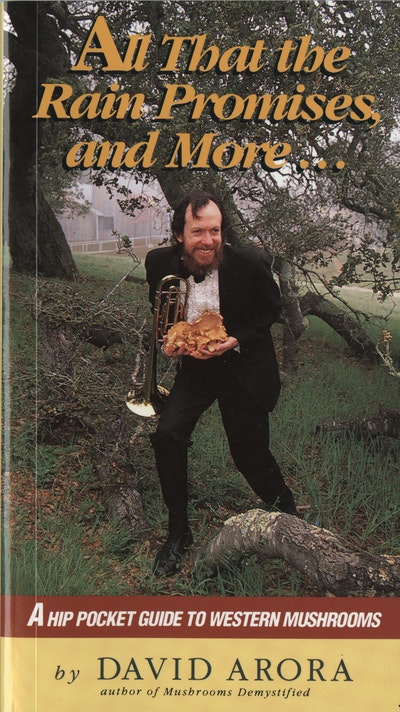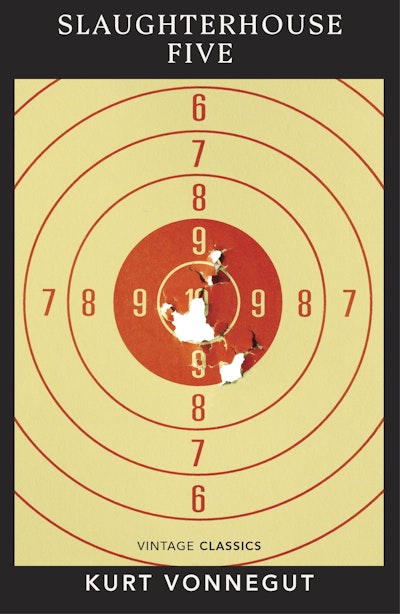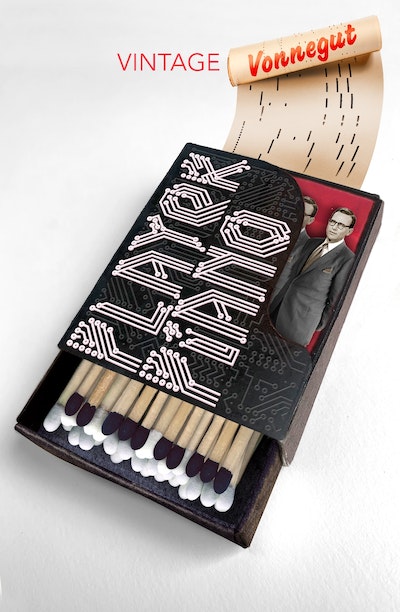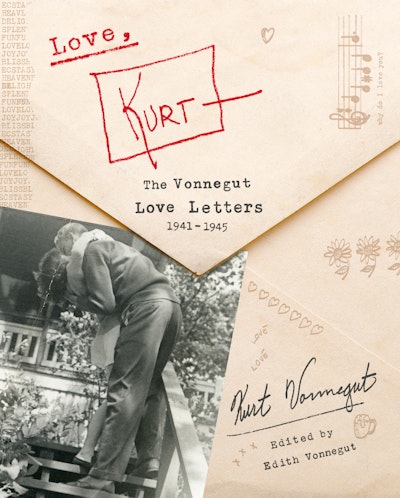- Published: 1 November 2010
- ISBN: 9780099548850
- Imprint: Vintage
- Format: Paperback
- Pages: 272
- RRP: $29.99
Look At the Birdie
- Published: 1 November 2010
- ISBN: 9780099548850
- Imprint: Vintage
- Format: Paperback
- Pages: 272
- RRP: $29.99
The wittiest man since Groucho Marx and the wisest since Karl Marx
The Times
For the last years of his life, Vonnegut was our sage and chain-smoking truth teller... Why these stories went unpublished is hard to answer. They're polished, they're relentlessly fun to read, and every last one of them comes to a neat and satisfying end
Dave Eggers, New York Times Review of Books
These [stories] date from early in his literary career in the early to mid-Fifties, but already they show the hallmarks of Vonnegut's distinctive voice and style - that unique mixture of knowingness and wide-eyed innocence, warmth and cynicism, guile and simplicity.... Not too difficult to see why he didn't manage to place these stories at the time - the early Fifties wasn't ready for such darkness and lightly-worn subversion. Terrific
Daily Mail
What is surprising about these 14 short stories written by the master satirist during the 1950s, is that not one has been published before. it is not for want of quality: they are rather wonderful... They are uncharacterisable, but so was Vonnegut (The New York Times said it best in calling him the laughing proophet of doom). The opening tale, Confido, starts the collection as it means to go on: it is mischievious, nutty and astute
David Hayles, The Times
The fourteen unpublished stories in Look at the Birdie are as outlandish and well turned as anything he wrote, displaying his impish playfulness. Most authors spend a lifetime finding their voice. Here we see that Vonnegut's was well-established at the start of his career: tightly plotted yet loose in style; spry; sporadic if not downright acerbic, yet with plenty of laughter in the dark. [...] warm, generous and uncompromising spirit behind this collection.
Neil Fitzgerald, Times Literary Supplement
...they show the hallmarks of Vonnegut's distinctive voice and style - that unique mixture of knowingness and wide-eyed innocence, warmth and cynicism, guile and simplicity...Not too difficult to see why he didn't manage to place these stories at the time - the early Fifties wasn't ready for such darkness and lightly-worn subversion. Terrific.
Daily Mail
rather wonderful...still knocks most purveyors of the short story form into a cocked hat
David Hayles, The Times
Look at the Birdie is a valuable time capsule, providing insight into the early developments of Vonnegut's style. Wry and ironic commentary connect each story making this collection an enjoyable read
Aesthetica
All the stories are clever, witty and written with Vonnegut's trademark invention
Simon Shaw, Mail on Sunday
Look at the Birdie is a valuable time capsule, providing insight into the early developments of Vonnegut's style. Wry and ironic commentary connect each story making this collection an enjoyable read
Cherie Federico, Aesthetica
